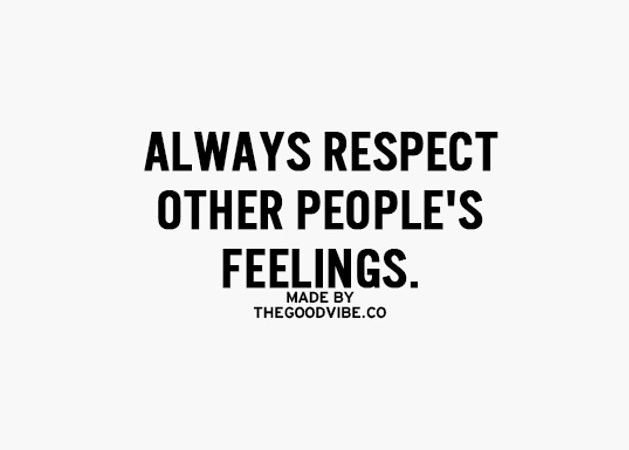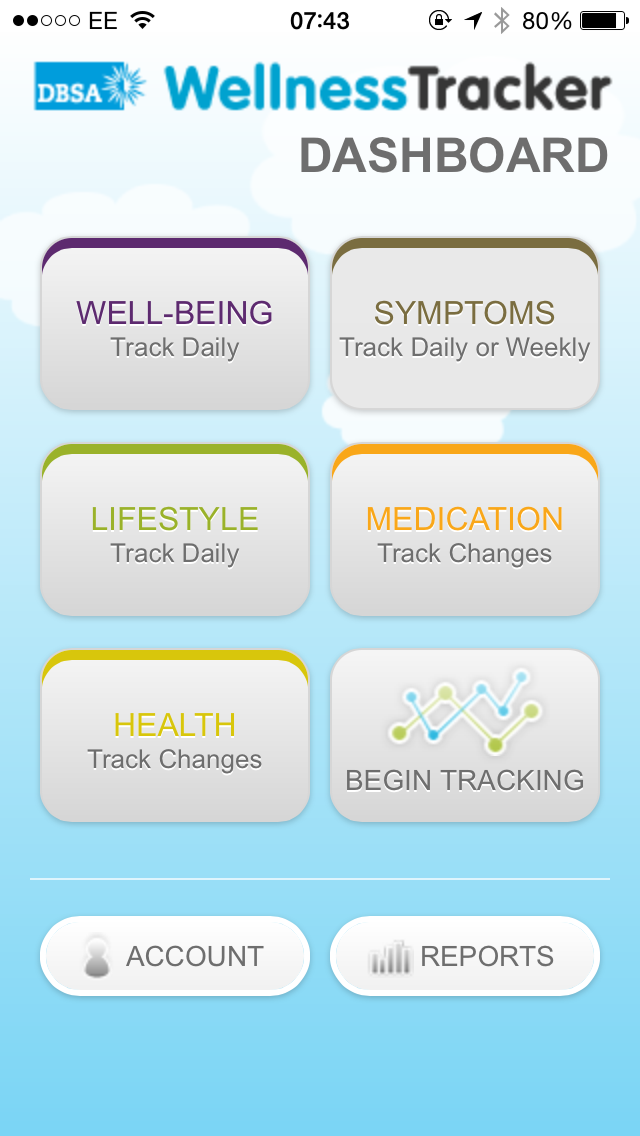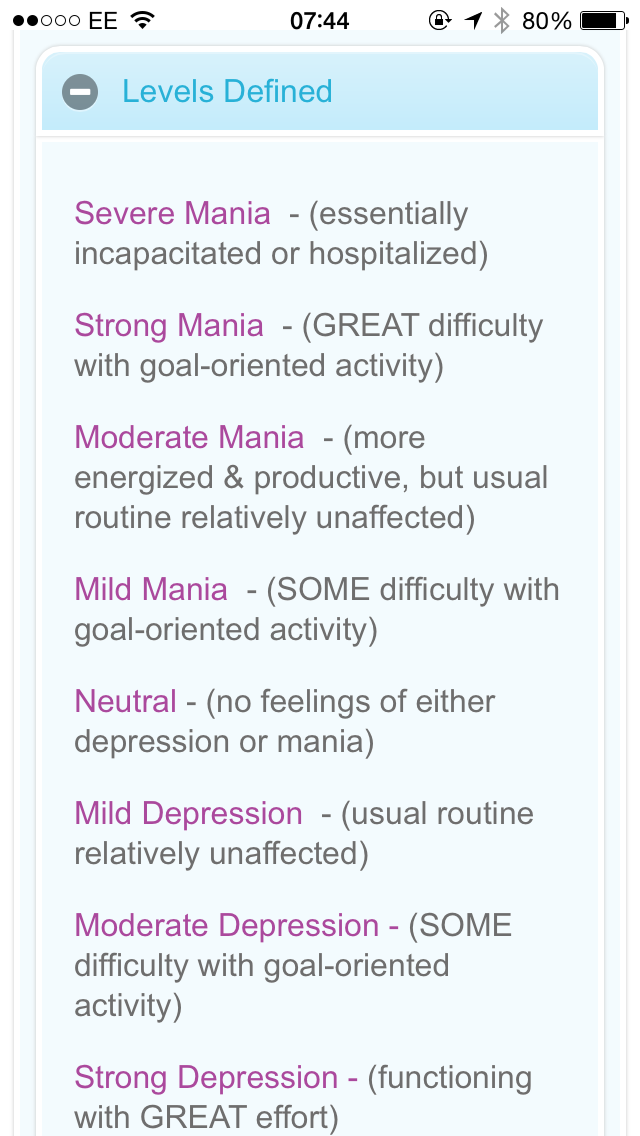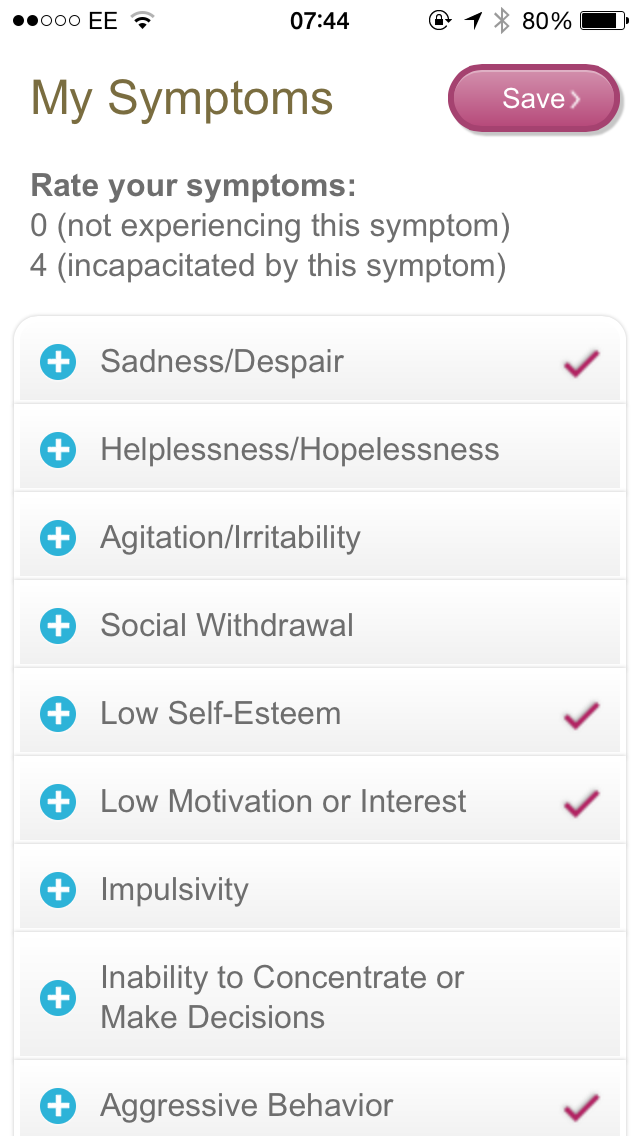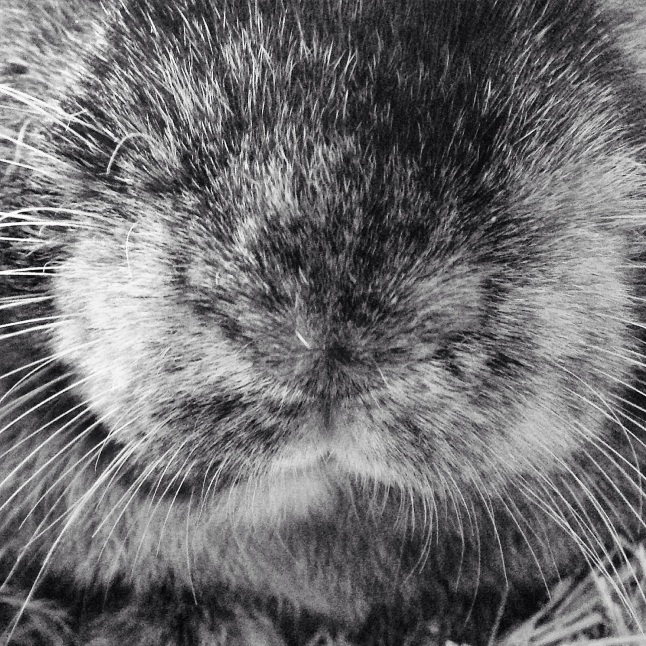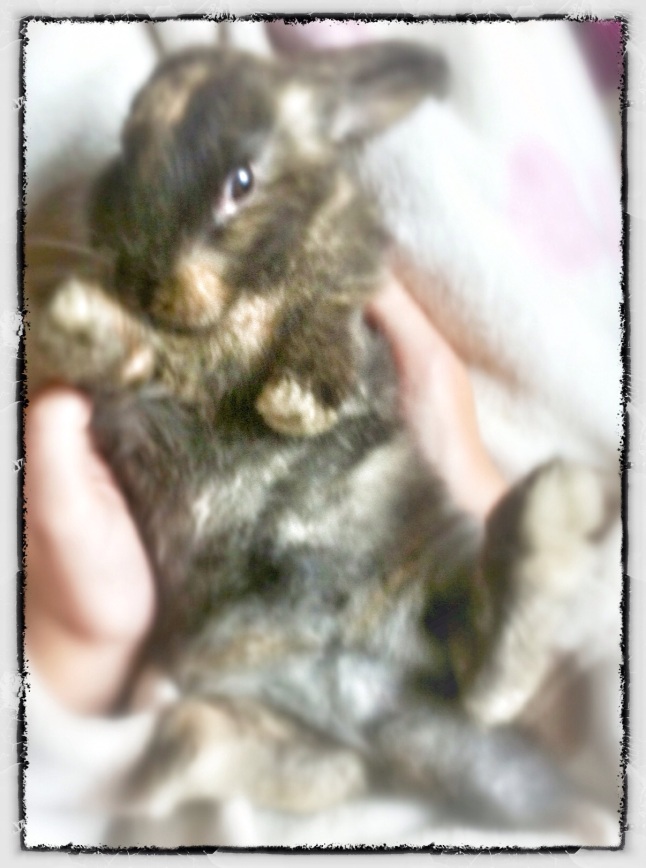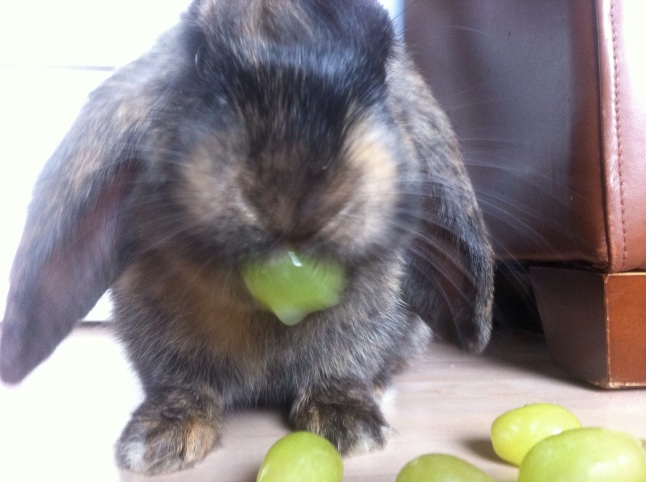Yesterday I drove home from my sisters. It was a 4 hour drive. When I got an hour away from home my swift travel came to an abrupt end. Thee had been a huge accident. When I say huge I mean 4 fire trucks, about 5 ambulances, 2 unmarked cop cars, countless marked cop cars and the dreaded air ambulance. Dear god. The debris was awful and culprits, two cars and a lorry. One car was reduced to half it’s original size. Crumpled like foil. A sheet lay over the car. I hoped there wasn’t a body underneath that sheet. I caught the glance of a copper taking evidence pictures. We both exchanged the same look and he looked at me like he was able to read my mind, read the fear in my eyes. “Oh my god!”. As I sat in my line of traffic I thought about the poor people involved and then it struck me. Someone in A&E is going to have to out this person back together. A team of neurologists and clinical psychologists are going to have to assess this persons ability to react to external stimuli. That’s if he’s unconscious or in an induced coma. I suddenly thought that could be me one day. As I disassociated about that little hospital scene I was brought back to the here and now by the lights of the servic vehicles. I wonder how many clinicians think about the trauma at the scene. Because as one person comes in, they come in as an individual. Yes they have background information but surely that can’t add up to the real life scene that I saw. I never want to see trauma like that again. The look on [the victims] their faces as they spoke with police was awful.
Suddenly life becomes meaningful in a different light. I am reminded of the fragility of life. It only takes a second and the rug can be pulled from underneath you and you won’t know what the hell hit you.
As a keen scientist I am a believer of fact and evidence. But I prayed for these poor folk. Life is so precious and I hope they make it through.

